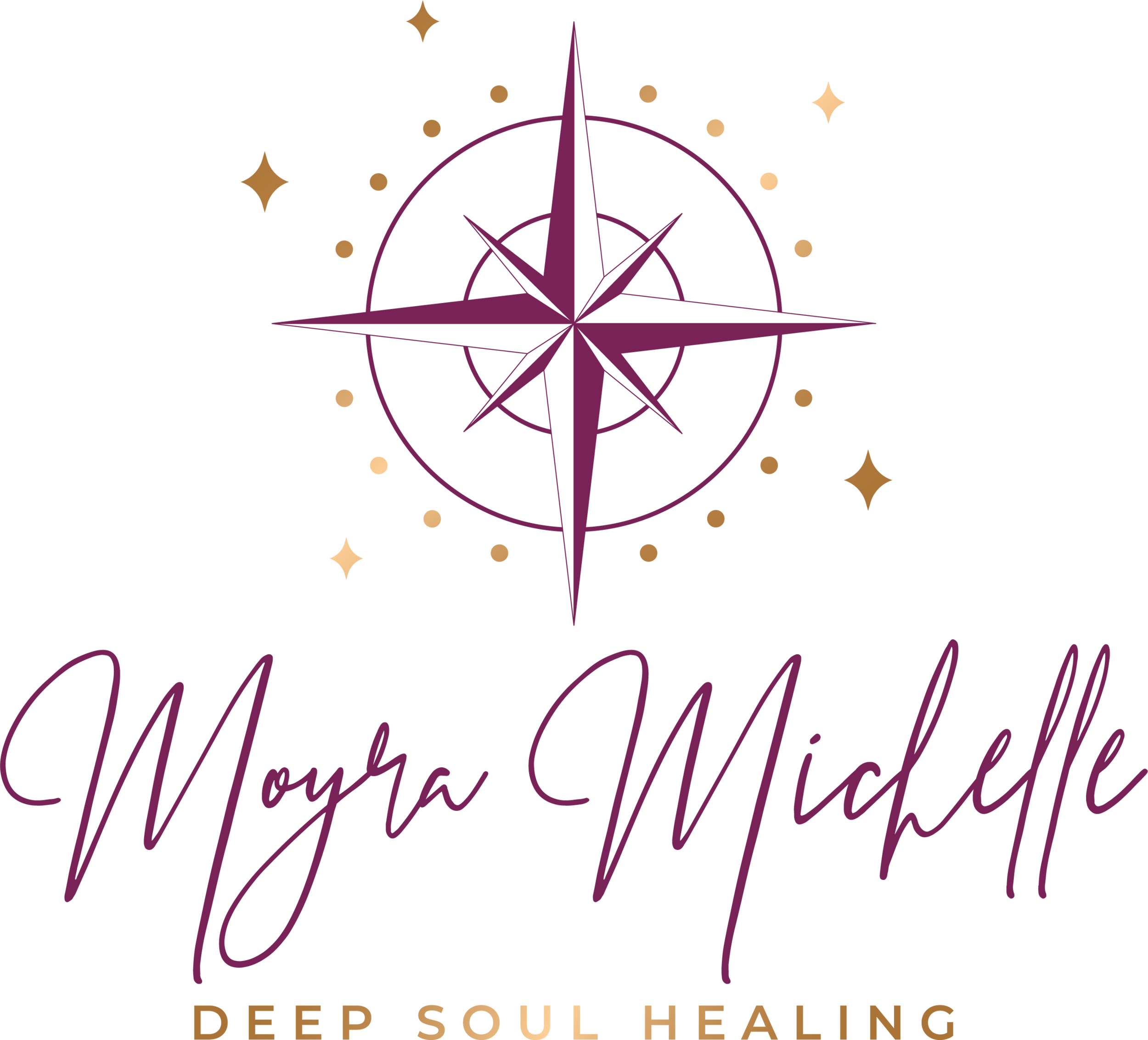Can I biohack my Sleep? What is Circadian Rhythm?
Circadian rhythm is your inner 24 hour internal clock that helps your body know when to sleep and when to waken up. It can be defined as the natural cycle of physical and mental changes that we undergo in a 24-hour cycle and is found in both plants and animals. Circadian rhythms are intrinsic but they can be altered by factors in our external environment. Circadian rhythm is studied under a branch of biology called chronobiology.
Chronotypes
Chronobiology is the study of circadian rhythm and certain chronotypes or stereotypes exist based on when people feel most energetic and their ease of waking up in the morning. Most traditionally people consider themselves as ‘early larks’ or ‘night owls.’ However ‘The Sleep Doctor’ Michael Breus has further defined these into four chronotypes. These are; the Lion (loves early mornings), the wolf (loves night time), the bear (somewhere in between) and the Dolphin (troubled sleeper). You can take his test here to find out which one you are. Chronotypes can change over your lifetime and based on your lifestyle.
It is also important to note that while there are genetic factors, these are genetic DISPOSITIONS not determinants. Don’t get too hung up on it. Nothing is permanent, nothing is set in stone.
Role of Circadian Rhythm
Circadian rhythm affects several biologic processes. Along with sleep, they determine eating patterns, temperature regulation, hormone release, metabolism and cellular level restoration and regeneration. These rhythms are mainly controlled by the suprachiasmatic nucleus (SCN) which is a part of the brain, with receptors also present in other parts of the body (that’s why sometimes we feel so tired that our body hurts!). The circadian rhythms maintain our sleep cycle. The SCN regulates the release of melatonin that helps us stay sleep.
Factors affecting Circadian Rhythm
Despite recognition of certain sleep preferences, changes to circadian rhythm may occur throughout your lifetime. Unhealthy sleeping habits can emerge for various reasons, exposure to artificial light can affect sleepiness, traveling through timezones can really scramble your rhythm, intake of alcohol, caffeine or drugs can not only affect your ability to sleep but also decrease the quality of your sleep. Other internal factors such as age, gender, visual impairment, family history, stage of life and genetic predisposition can impact on sleep.
What happens when this rhythm is lost?
Oh boy. Many health problems are a result of disturbances in the circadian rhythm and are termed Circadian Rhythm Disorders. These disruptions are a result of misalignment of the body’s sleep/wake cycle with our external environment.
Such events have a detrimental effect on human health. People who have a circadian rhythm disorder may complain of poor sleep quality, difficulty in falling asleep and difficulty in staying asleep, waking up multiple times at night, daytime sleepiness and fatigue, exhaustion, lethargy, agitation, irritability, headaches, decreased alertness, difficulty in problem-solving and impaired concentration. It’s not good.
Circadian rhythm disorders
The circadian rhythm disorders are divided into many types according to the sleep/wake pattern exhibited by the patients. These include jet lag disorder, shift work disorder, advanced sleep/wake phase disorder, irregular sleep/ wake phase disorder as a few examples. Third shift workers and flight crews are in danger of developing such disorders after long term rhythm disruption.
These disorders warrant a diagnosis and treatment, if left undiagnosed or untreated may result in poor health, quality of life and workplace performance and serious accidents due to exhaustion. These disorders also increase the risk of systemic diseases such as cardiovascular disorders, metabolic disorders, digestive disorders, mood disturbances, cognitive disorders, etc.
How to tackle them?
Treatment of circadian rhythm disorders focuses on resetting the sleep/wake cycle by lifestyle modifications such as a regular sleeping schedule with undisturbed sleep, regular eating schedule, avoiding artificial light, limiting caffeine and alcohol intake, and exercising during the daytime. These same lifestyle modifications and healthy habits can also be used as a preventive tool.
While people with severe symptoms should seek the help of a medical doctor, alternative therapy can also be useful. Hypnotherapy, energy healing and light therapy and can be used to treat these conditions.
While other therapies address the symptoms of circadian rhythm disfunction, hypnotherapy goes to the core of the issue and addresses it at its root cause, understanding why it is there and releasing it so that you get to sleep when you want and waken up refreshed, rejuvenated and ready to for your day.
References
Germain A, Kupfer DJ. Circadian rhythm disturbances in depression. Human Psychopharmacology: Clinical and Experimental. 2008 Oct;23(7):571-85.
Refinetti R, Menaker M. The circadian rhythm of body temperature. Physiology & behavior. 1992 Mar 1;51(3):613-37.
Wulff K, Gatti S, Wettstein JG, Foster RG. Sleep and circadian rhythm disruption in psychiatric and neurodegenerative disease. Nature Reviews Neuroscience. 2010 Aug;11(8):589-99.
Cermakian N, Boivin DB. A molecular perspective of human circadian rhythm disorders. Brain Research Reviews. 2003 Jun 1;42(3):204-20.
Reid KJ, Zee PC. Circadian rhythm disorders. InSeminars in neurology 2009 Sep (Vol. 29, No. 04, pp. 393-405). © Thieme Medical Publishers.
Arendt J, Deacon S. Treatment of circadian rhythm disorders–melatonin. Chronobiology international. 1997 Jan 1;14(2):185-204.
Breus, Michael. MD The Power of Now Quiz online at ‘https://thepowerofwhenquiz.com/’

